Public
Engagement
in RNA Research Workshop
Tuesday, May 28th, 2024
Communicating our science towards positive societal perception of RNA: where we are and where we need to be.
COVID-19 mRNA vaccines and other RNA-based technologies have catapulted into the spotlight and have demonstrated the potential to transform medicine, agriculture, and biotechnology. How the public perceives and is willing to accept RNA technologies into their lives depends greatly, however, on how scientists educate the public about RNA – its natural role in the cell and the advantages and limitations in its use as a therapeutic.
The Public Engagement in RNA Research Workshop will address current public misconceptions related to RNA science and feature scientific communication experts who will share strategies on effectively engaging and educating the media and general public. This workshop is open to all researchers who are registered for RNA 2024 and interested in enhancing their public engagement skills; no previous science communication experience is necessary!
The workshop features testimonials from experts Thomas Crampton and Adrian Krainer. Mr. Crampton has done extensive research on how the public perceives RNA technologies, and has developed effective ways of speaking to the public about RNA technologies that he will share in a hands-on story telling activity aimed at teaching us how to tell our own research stories (Read more about Mr. Crampton’s work here.). Dr. Krainer is an expert on pre-mRNA splicing, and developed a life-changing RNA based treatment for Spinal Muscular Atrophy. Dr. Krainer will speak about his experiences engaging with patients, their families, and the medical and pharmaceutical sectors. In addition to inspiring lectures and a communication activity, the workshop also features a panel discussion with researchers who will share their strategies for successful RNA outreach and lead audience discussion on how to get started with public engagement, how to overcome challenges related to engagement, and how we can grow this dimension within the programing of the RNA Society.
This workshop is co-organized by the RNA Society and the European Cooperation in Science & Technology COST Action exRNA-PATH with support from a University of Toronto and University of Edinburgh global partnership grant.
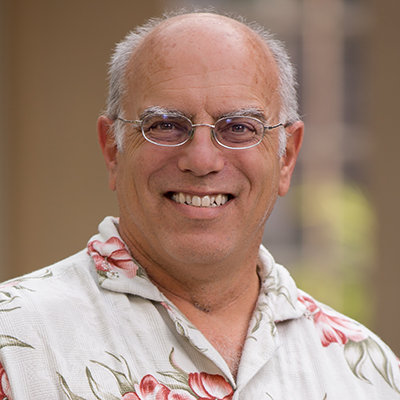 Manny Ares, UC Santa Cruz; Website link: http://ribonode.ucsc.edu/
Manny Ares, UC Santa Cruz; Website link: http://ribonode.ucsc.edu/
Dr. Ares serves as the Chair of the RNA Society Education Committee and has engaged in outreach with undergrads, fostering inclusive and interdisciplinary educational interventions to enhance students’ ability to work on interdisciplinary teams. His lab studies splicing, the spliceosome and its evolutionary origins.
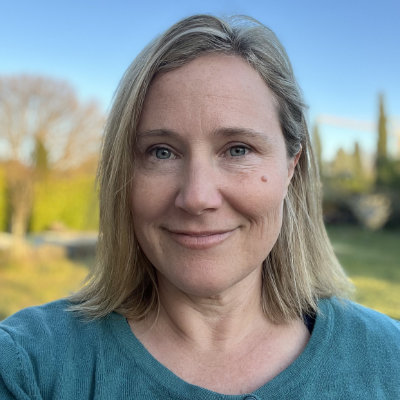 Amy Buck, University of Edinburgh; Website link: https://www.bucklab.org/
Amy Buck, University of Edinburgh; Website link: https://www.bucklab.org/
Dr. Buck began to engage in RNA outreach during the COVID-19 pandemic, through interactive webinars about RNA and vaccines. Her lab is focused on RNA communication across scales, with an emphasis on parasitic nematodes and their hosts.
She is the Action Chair of the European COST Network exRNA-PATH which builds mechanistic understanding on extracellular RNA and engages stakeholders on RNA technologies and their potential benefits in infectious disease and pest control.
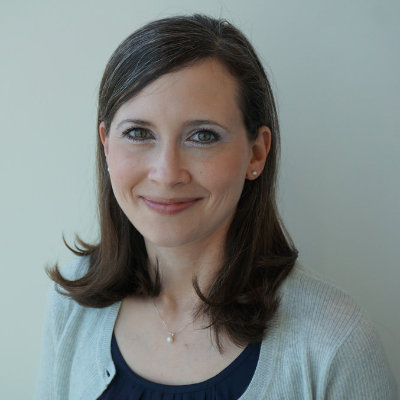 Julie Claycomb, University of Toronto; Website link: https://www.claycomblab.com/
Julie Claycomb, University of Toronto; Website link: https://www.claycomblab.com/
Dr. Claycomb has teamed with Dr. Buck on interactive RNA webinars, contributed to community science festivals (Science Rendezvous) and has brought science to primary school classrooms on DNA Day. Her lab studies small RNA mediated gene regulation using C. elegans as a model system.
 Thomas Crampton, Crampton-Blackie Partners; Website link: https://www.linkedin.com/in/thomascrampton/
Thomas Crampton, Crampton-Blackie Partners; Website link: https://www.linkedin.com/in/thomascrampton/
Mr. Crampton is a communication expert with a background in journalism (NYTimes, International Herald Tribune, marketing, start-ups, and VC. He led Corporate Affairs for the NASDAQ IPO of GreenLight Biosciences and has now launched his Crampton Blackie Partners, which advises innovation-focused companies on engaging with stakeholders and how to best position themselves for IPO.
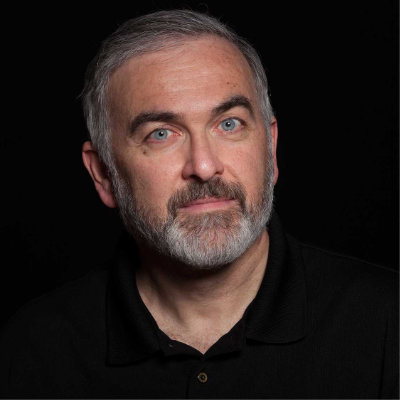 Adrian Krainer, Cold Spring Harbor Laboratory; Website link: https://www.cshl.edu/research/faculty-staff/adrian-r-krainer/
Adrian Krainer, Cold Spring Harbor Laboratory; Website link: https://www.cshl.edu/research/faculty-staff/adrian-r-krainer/
Dr. Krainer engages with communities ranging from scientists to pharmaceutical companies, healthcare providers, patients, and their families. He and his team developed the splice-switching ASO nusinersin (Spinraza) to treat spinal muscular atrophy, which was also the first FDA-approved nucleic-acid therapy in neurology.
The Krainer lab is focused on understanding the fundamental mechanisms of splicing, and how disruptions in this process contribute to cancer and disease.
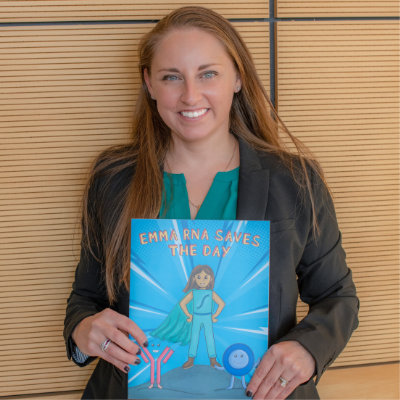 Angela Messmer-Blust, UMass Chan Medical School; Website link: https://profiles.umassmed.edu/display/15660710 or https://www.linkedin.com/in/angelamessmerblust/
Angela Messmer-Blust, UMass Chan Medical School; Website link: https://profiles.umassmed.edu/display/15660710 or https://www.linkedin.com/in/angelamessmerblust/
Dr. Messmer-Blust co-founded ScienceLIVE, an outreach program aimed at improving science literacy in the Worcester public school system (and beyond). During the pandemic, Dr. Messmer-Blust co-developed a coloring book, Emma Saves the Day to help teach children about COVID-19 and mRNA vaccines. As Senior Scientific Advisor at Umass Chan Medical School, she also unites scientists from various disciplines in RNA focused research conferences.
 Kehinde Ross, Liverpool John Moores University; Website link: https://www.ljmu.ac.uk/about-us/staff-profiles/faculty-of-science/pharmacy-and-biomolecular-sciences/kehinde-ross
Kehinde Ross, Liverpool John Moores University; Website link: https://www.ljmu.ac.uk/about-us/staff-profiles/faculty-of-science/pharmacy-and-biomolecular-sciences/kehinde-ross
Dr. Ross serves as the Chair of the RNA Society DEI Committee and is engaged in outreach to underserved academic communities in Africa via the RNA Salons initiative. His lab studies miRNA pathways involved in skin disorders and wound healing.
Agenda:
| 1:45 pm | Check-in (pre-event beverages & snacks will be available) |
| 2:00pm | Welcome, Opportunities, and Challenges Amy Buck, University of Edinburgh; Julie Claycomb, University of Toronto; Angela Messmer-Blust, UMass Chan Medical School |
| 2:05–2:25pm | Engaging with stakeholders while developing medicines from bench to bedside – Adrian Krainer, Cold Spring Harbor Laboratory |
| 2:25–2:45pm | Public perceptions of Science, RNA and what we can do – Thomas Crampton, Crampton-Blackie Partners |
| 2:45–3:25pm | Audience communication activity – Thomas Crampton, Crampton-Blackie Partners |
| 3:25–3:55pm | Outreach Panel Discussion: Where are we now and where do we need to be? RNA focused engagement across communities – Manny Ares, UCSC; Amy Buck, University of Edinburgh; Julie Claycomb, University of Toronto; Thomas Crampton, Crampton-Blackie Partners; Adrian Krainer, Cold Spring Harbor Laboratory; Angela Messmer-Blust, UMass Chan Medical School; Kehinde Ross, Liverpool John Moores University |
| 3:55–4:00pm | Audience engagement (i.e. Q&A) and Concluding Remarks |
Goals:
- Learn about and understand perceptions of RNA science and technology in different communities.
- Identify, inspire, and license RNA scientists who are active or interested in community outreach and education regarding RNA.
- Create better channels for shared knowledge and resources about outreach activities in our RNA community globally.
- Generate a dialog about obstacles/challenges and effective strategies for outreach activities.
